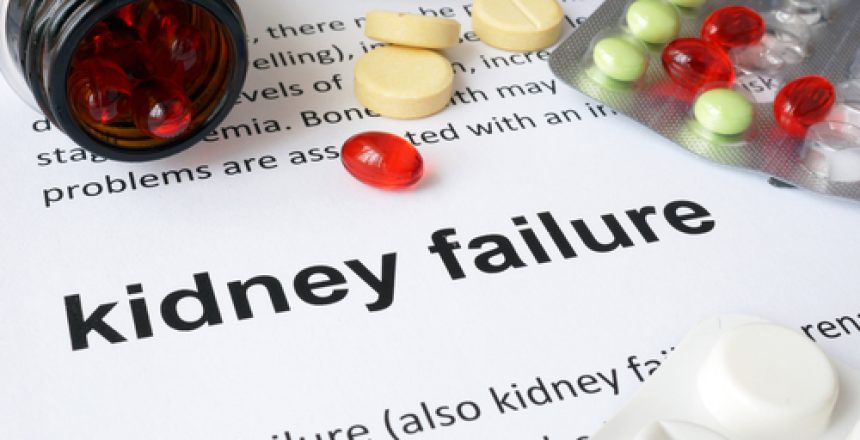People with ESRD can sign up for Medicare Part A and Part B to receive vital dialysis coverage. At Malhotra & Assoc. Insurance, our expert insurance agents in Ohio, Indiana, West Virginia, and Maryland can answer any questions you may have about Medicare and your eligibility with ESRD.
Medicare Eligibility
Medicare is available to people with End-Stage Renal Disease (ESRD) regardless of their age. They can first receive coverage four months into a regular course of dialysis treatment. If they are trained at a Medicare-certified treatment facility and approved by their physician, they can perform at-home dialysis, the coverage for which would begin in the first month.
When you sign up for Medicare coverage, your coverage can be retroactive by up to 12 months, but only to the beginning of your coverage eligibility. This benefit only applies to ESRD coverage.
Medicare Part B
Medicare Part B covers medically necessary and preventive care, which includes outpatient office visits and can cover things like clinical research, durable medical equipment, ambulance rides, mental health care, and limited outpatient prescription drugs. This coverage is critical to people with End-Stage Renal Disease because most of your treatments occur at outpatient facilities. Part B even covers out-of-area dialysis treatment, which can be an important benefit when traveling. To get the most out of Medicare, you will want to purchase Part B if you have ESRD.
Signing Up for Medicare
You will not be automatically enrolled in Medicare, so you need to sign up for yourself if you want Medicare coverage. You can elect to purchase Part A alone or Part A and Part B. You will want to purchase Part B for the outpatient coverage, which can cover out-of-area dialysis treatments.
To sign up for Medicare, you can apply online at Social Security’s website, call Social Security, or schedule an appointment with your local Social Security office.
Your Medicare Options
People with End-Stage Renal Disease used to be ineligible for Medicare Advantage plans. As of 2021, however, everyone who is enrolled in Medicare Part A and Part B and lives within a plan’s service area can sign up for a Medicare Advantage plan. Why does this matter? This increases your options and ability to compare plans in search of the best coverage and price.
Medicare Advantage plans are an alternative to Original Medicare (Part A and Part B). They give you the same Part A and Part B coverage, but your health care providers bill the plan instead of Medicare. Medicare Advantage plans can also offer additional benefits such as dental, vision, or hearing care, fitness club memberships, or prescription drug coverage. Plans with prescription drug coverage are usually called Medicare Advantage Prescription Drug (MAPD) plans.
While you still have to pay your Part A and Part B premiums, these combination plans can save you money with the out-of-pocket maximum. Original Medicare has no out-of-pocket limit, meaning your Part B 20% copayments can add up substantially over the year.
You can also find cost savings through a Medicare Supplement plan, which helps pay for your expenses from Part A and Part B such as copayments, coinsurance, and deductibles. Insurance companies are not required to sell these policies to people under age 65, but you may be able to purchase one of these plans to help control your out-of-pocket spending toward healthcare.
Work with Malhotra & Assoc. Insurance
Interested in learning more about your coverage with ESRD? Malhotra and Assoc. Insurance has a team of Medicare experts who can help you understand your options and select a plan that fits all of your needs.


